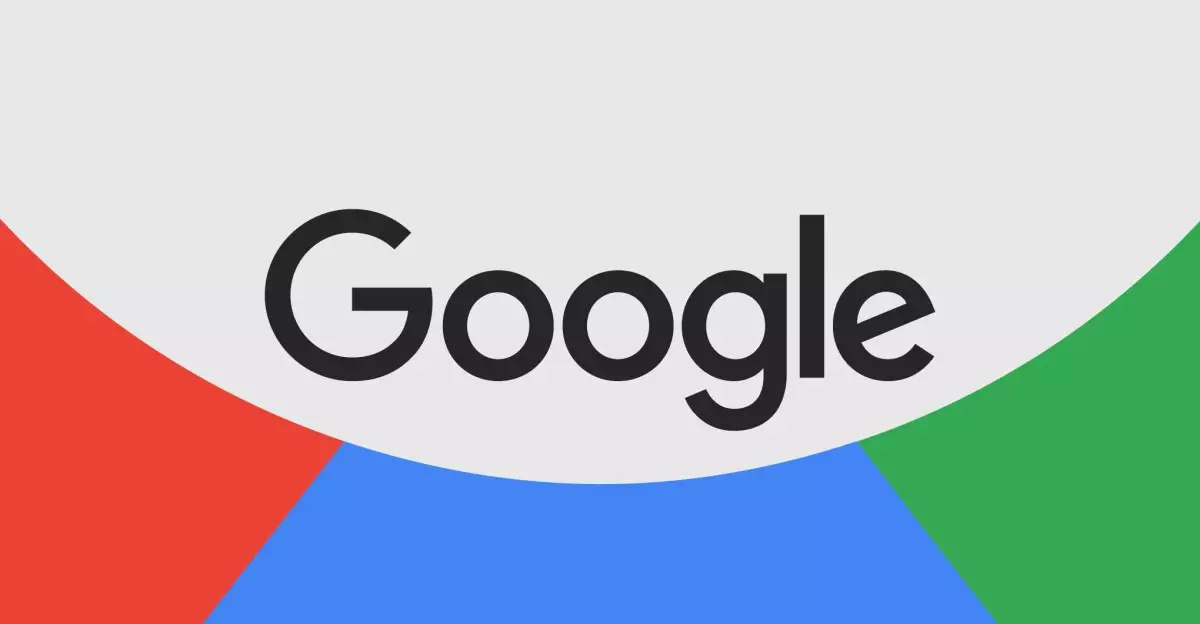In a significant update last year, Google announced a shift in its approach to what appears on Google Calendar, predominantly changing the default entries to only public holidays and national observances. This alteration has stirred considerable backlash from users, particularly those advocating for the visibility of cultural events such as Pride Month, Black History Month, and other observances that celebrate diversity and heritage. The decision to limit the default entries has raised questions about Google’s commitment to inclusivity and representation in a climate that increasingly values social justice.
The response to this decision was swift and emphatic. Many users took to social media platforms to articulate their grievances and concerns, describing the removal of prominent cultural acknowledgments as “shameful.” Some users went as far as accusing Google of succumbing to a form of societal oppression, reflecting broader fears that technology companies have a responsibility to support social movements. This ongoing debate highlights the tensions between corporate policies and community expectations, prompting a re-evaluation of what it means for a tech company to exhibit corporate social responsibility.
Google’s rationale for the modification is rooted in pragmatism rather than ideology. The company explained that it has historically partnered with timeanddate.com to incorporate public holidays into Google Calendar. Furthermore, the team had previously taken it upon themselves to manually add a wide array of cultural events from various countries. However, this effort proved unsustainable, particularly when users pointed out that numerous significant occasions were still missing, indicating a discrepancy between the breadth of cultures and the representation in the digital calendar.
Madison Cushman Veld, a Google spokesperson, articulated that the decision to revert to showing only public holidays and national observances was made in mid-2024. This decision aimed to streamline the Google Calendar experience while allowing users the autonomy to include relevant events manually.
This incident raises larger questions about the role of technology in fostering cultural awareness and representation. As societies evolve and advocate for the recognition of diversity, platforms such as Google Calendar function not just as scheduling tools, but as arenas for cultural expression and awareness. The absence of prominent heritage months may diminish visibility for important movements and narratives, potentially stunting corporate engagement with social issues in an age where consumers demand accountability.
As society grapples with these complex issues, Google and other tech companies must strive to find a balance between operational efficiency and the social obligations they have to their users. A future iteration of Google Calendar that allows for enhanced user-generated content could serve to address these concerns, enabling individuals to customize their experiences while still retaining the option to honor significant cultural moments. Ultimately, as Google navigates these uncharted waters, maintaining open lines of communication with its user base will be paramount in ensuring a shared vision of inclusivity and recognition.

